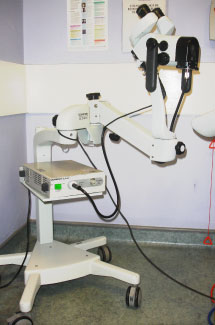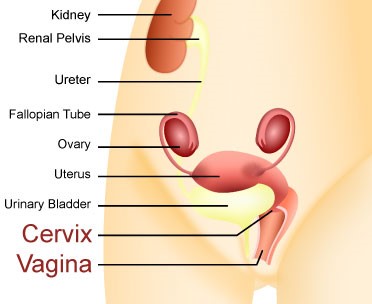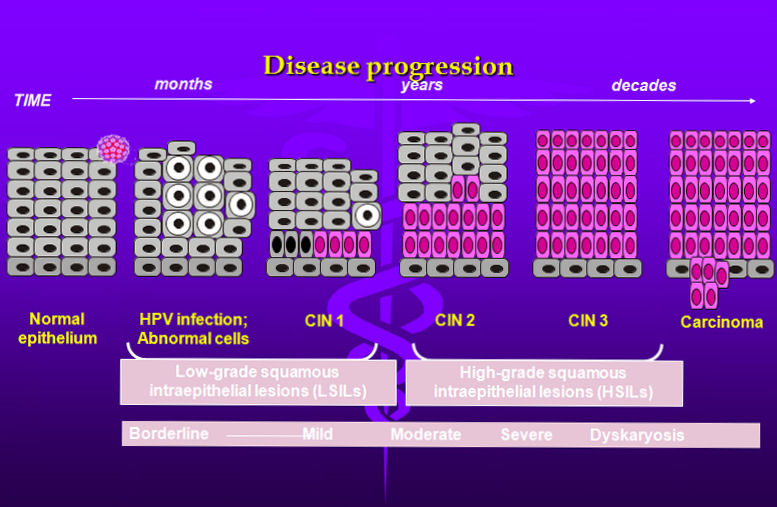

Cervical Screening and Colposcopy have reduced the incidence of cervical cancer over decades and every woman over the age of 25 should be screened by having a cervical smear.
Mr Sanusi has been practising Colposcopy for over 25 years and he is BSCCP (British Society for Colposcopy and Cervical Pathology) certified. He is the Lead Colposcopist, practising at St Albans City Hospital.
A recent Patient Satisfaction Survey showed that 94% of his patients rated his service as excellent or good.
He can see private patients for Colposcopy at Spire Hospital Harpenden on Wednesday mornings and at Spire Hospital Bushey on Friday afternoons. If patients are treated for cervical cell abnormalities (CIN) he will ensure that all is well and that their cervical smear is negative before they are discharged back to their GP.
Click here to visit the NHS guide to Cervical screening and having a colposcopy.
Click here to download the NHS Cervical screening, Colposcopy and programme management guideline flow charts

Mr Sanusi provides an HPV (Human Papilloma Virus) screening service.
HPV or human papilloma virus is an extremely common virus that is almost always caught by close sexual contact as HPV lives on the skin, in and around the whole genital area in both men and women. It can affect the cervix, vagina, anus, rectum, throat and penis.
Approximately 8 out of 10 adults will have the virus at some time in their lives and it rarely produces any obvious signs or symptoms. Therefore, it is very difficult to tell whether an individual is infected.
There are over one hundred identified strains of HPV. Not all strains of HPV have the potential to cause cancer. Some types of HPV (high risk type HPV 16 and 18) can cause changes in the cells of the cervix creating abnormalities (CIN). These abnormal cells can then be removed and in the majority of cases this is highly successful.
Although HPV is sexually transmitted it is not a sexually transmitted disease that requires a visit to a Sexual Health Clinic. There is no blame to attach to your current or any other partner or to yourself. In most cases it clears up by itself through the body’s own immune system without the need for treatment.
Leading a healthy lifestyle can reduce the risk of HPV causing cervical smear problems by keeping your immune system strong (your body’s natural defence against disease and infection). Eating healthily, exercising regularly, stopping or not taking up smoking can all help to prevent cervical abnormalities through keeping your immune system healthy. Smoking also has a harmful impact on the cervical cells.
As Mr Sanusi is a Colposcopy Specialist he can screen patients for this condition and arrange appropriate management.
For more information about HPV please visit:www.bsccp.org.uk or www.jostrust.org.uk
To book a private appointment with Mr Sanusi please click here

The diagram below shows how the HPV virus can affect normal cervical cells, leading to abnormal cells (CIN), and then eventually - after many years - cervical cancer if the abnormal cells are not treated.
Cervical smears can help detect any abnormal cells.
